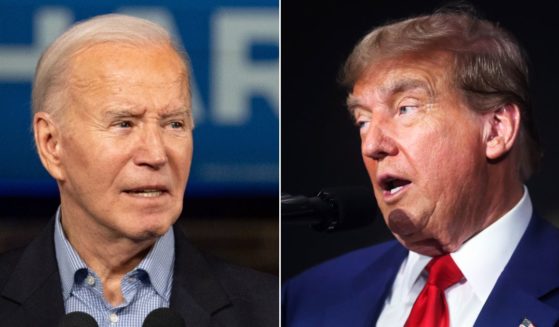Report suggests Germany may miss defense spending target
BERLIN (AP) — Germany’s tightening public finances are raising questions over whether the country will miss its military spending target at a time when the U.S. is increasing pressure on its European allies to increase defense budgets.
A Finance Ministry document circulated to other ministries for discussion suggests defense spending won’t increase sufficiently to meet targets amid a projected budget shortfall of 24.7 billion euros ($28.3 billion) through 2023, the dpa news agency reported Tuesday.
NATO members at a 2014 conference in Wales, agreed to “aim to move toward” increasing defense spending to 2 percent of their gross domestic product by 2024, though Germany has already said it doesn’t expect to meet that goal.
President Donald Trump has been pushing for NATO members to meet the 2 percent as a hard target, a stance U.S. Ambassador Richard Grenell underlined following the news on the possible German budget woes.
“NATO members are expected to reach their 2 percent commitment by 2024,” he told The Associated Press. “Now is not the time to take NATO for granted or undercut it in any way.”
Most NATO members don’t yet meet the target, though spending is generally increasing. In Germany’s case, defense spending rose from 1.18 percent of GDP in 2014 to 1.24 percent in 2018.
German Chancellor Angela Merkel last year said beyond the NATO goal, the country’s military needed to rebuild after years of declining spending.
German officials have long emphasized the “move toward” part of the Wales statement, and last year committed to raising spending to 1.5 percent of GDP by 2025.
“Sometimes this may seem too slow, but things are going in the right direction,” Merkel said at a meeting with NATO Secretary-General Jens Stoltenberg last summer.
Germany long enjoyed better-than-expected tax revenues as Europe’s biggest economy motored along but Finance Minister Olaf Scholz warned last month that “the fat years are over.”
The government recently cut its growth forecast and has acknowledged that slower economic growth will have an effect on tax revenues.
The Finance Ministry wouldn’t comment on what the shrinking tax revenue might mean to the defense spending goal, saying only the numbers won’t be finalized until the end of March.
But Defense Minister Ursula von der Leyen, speaking Monday on a trip to Latvia, said that Germany would still meet its goal to increase military spending to 1.5 percent of GDP by 2025.
“The clear political agreement is 1.5 percent by the year 2025,” she told reporters.
The Western Journal has not reviewed this Associated Press story prior to publication. Therefore, it may contain editorial bias or may in some other way not meet our normal editorial standards. It is provided to our readers as a service from The Western Journal.
Truth and Accuracy
We are committed to truth and accuracy in all of our journalism. Read our editorial standards.












